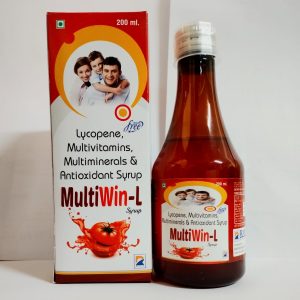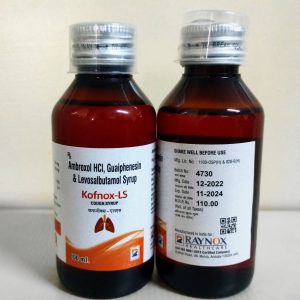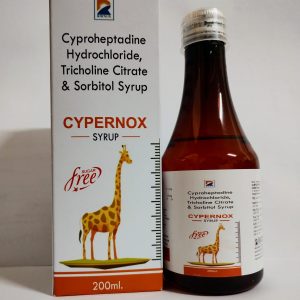DESCRIPTION
Digestive enzymes are enzymes that break down polymeric macromolecules into their smaller building blocks, in order to facilitate their absorption by the body. Digestive enzymes are found in the digestive tracts of animals (including humans) and in the traps of carnivorous plants, where they aid in the digestion of food, as well as inside cells, especially in their lysosomes, where they function to maintain cellular survival. Digestive enzymes are diverse and are found in the saliva secreted by the salivary glands, in the stomach secreted by cells lining the stomach, in the pancreatic juice secreted by pancreatic exocrine cells, and in the intestinal (small and large) secretions, or as part of the lining of the gastrointestinal tract.
Pepsin is a peptide hydrolase produced in the stomach that breaks down proteins into smaller peptides. When hydrochloric acid mixes with the zymogen pepsinogen that is released by the chief cells in the stomach wall, the acidic environment promotes the autocatalytic cleavage of pepsinogen to form the activated form of pepsin. Pepsin is an aspartic protease that uses a catalytic aspartate in its active site and is most effective in cleaving peptide bonds between hydrophobic and preferably aromatic amino acids. Pepsin used as a food ingredient in commercial application is extracted from hog stomach. It is used in pharmaceutical applications to prepare and purify antibody fragments.
SIDE EFFECTS
Stomach upset
Painful urination
Diarrhea
Abdominal pain
Nausea
Feeling of sickness
INDICATION
Digestive disorders
Digestive disorder
Starch degrading enzyme
Flatulence
Distension





